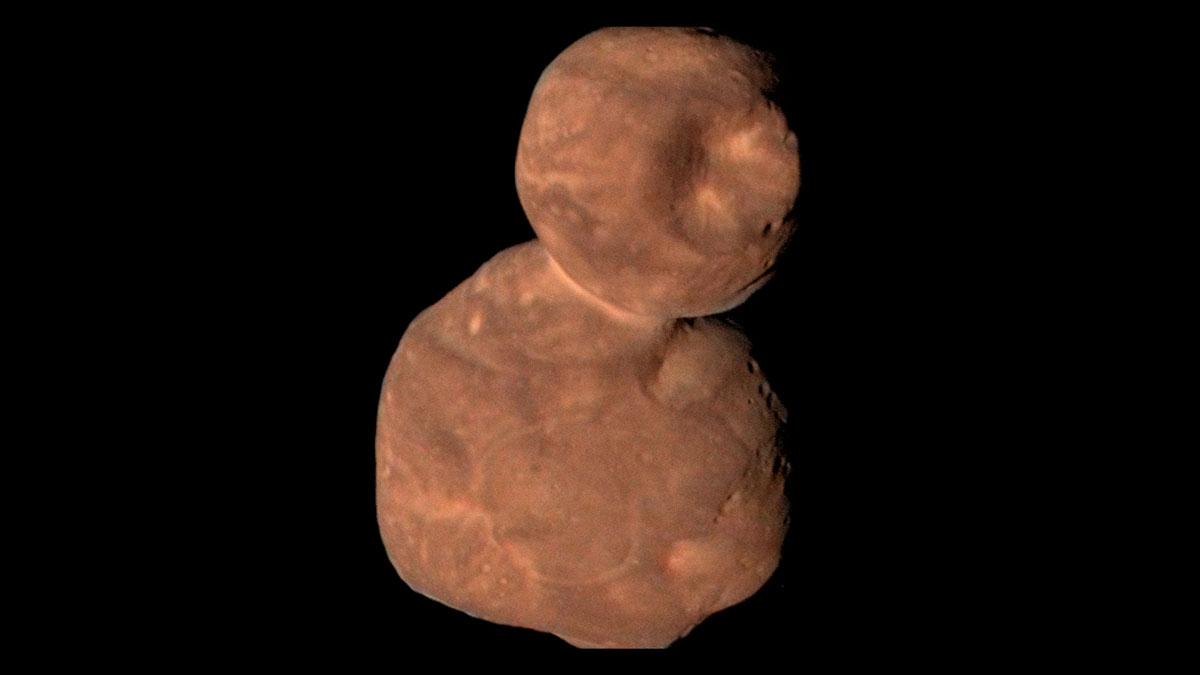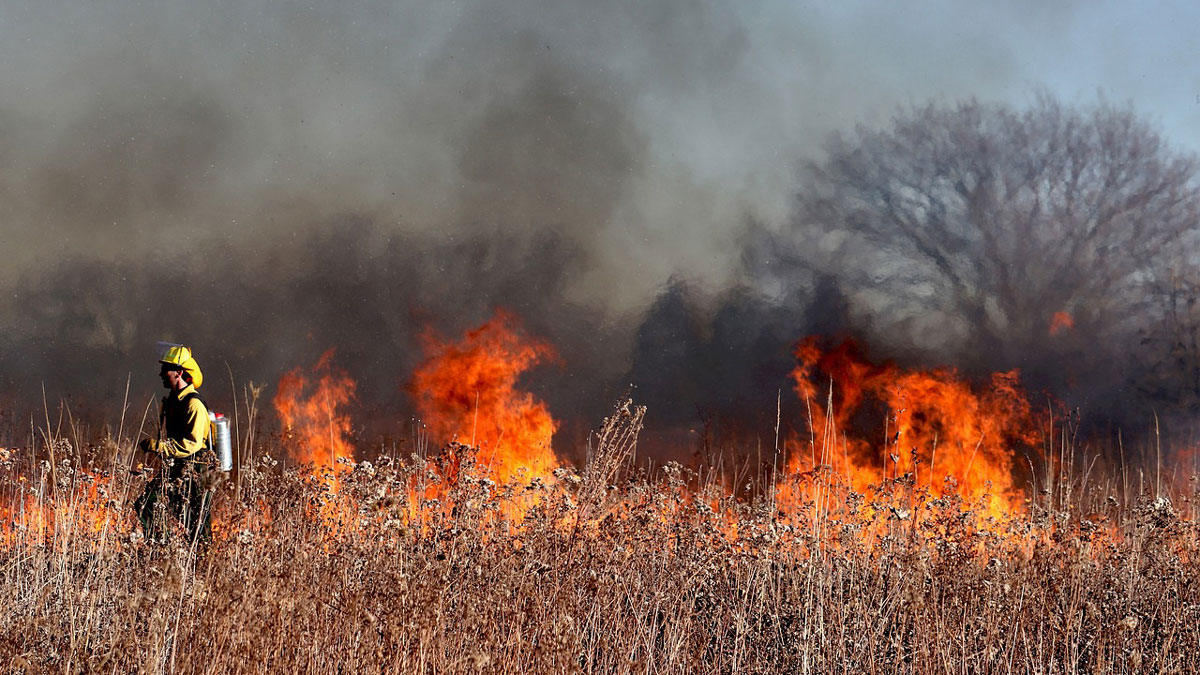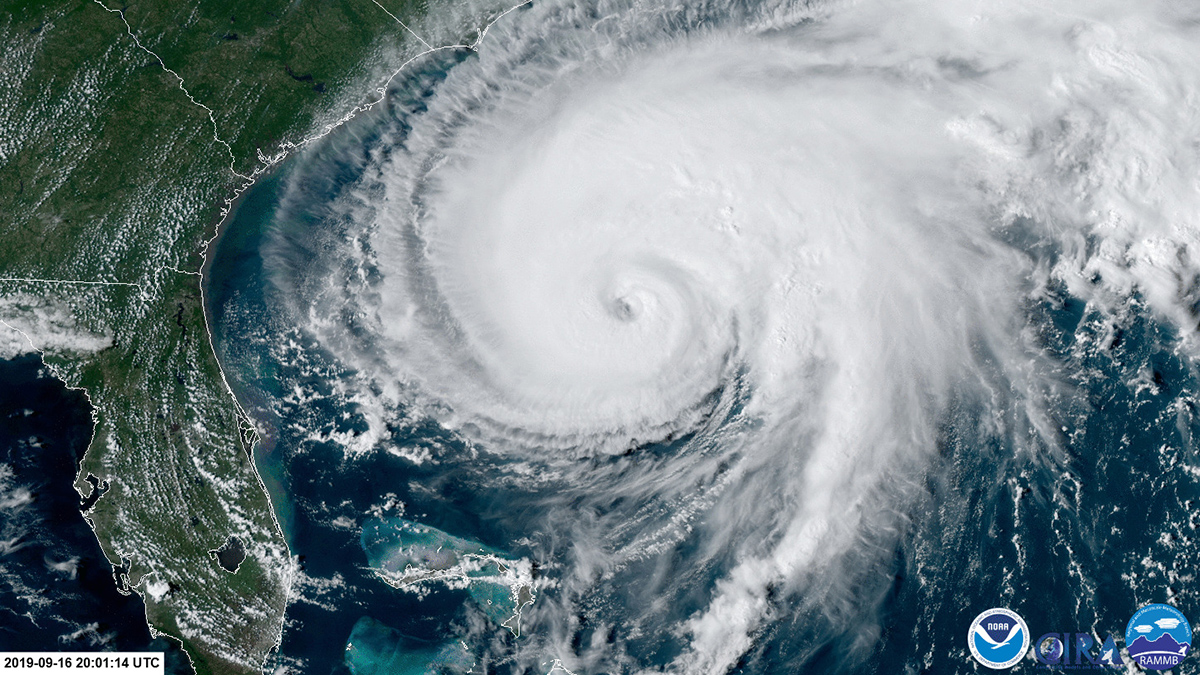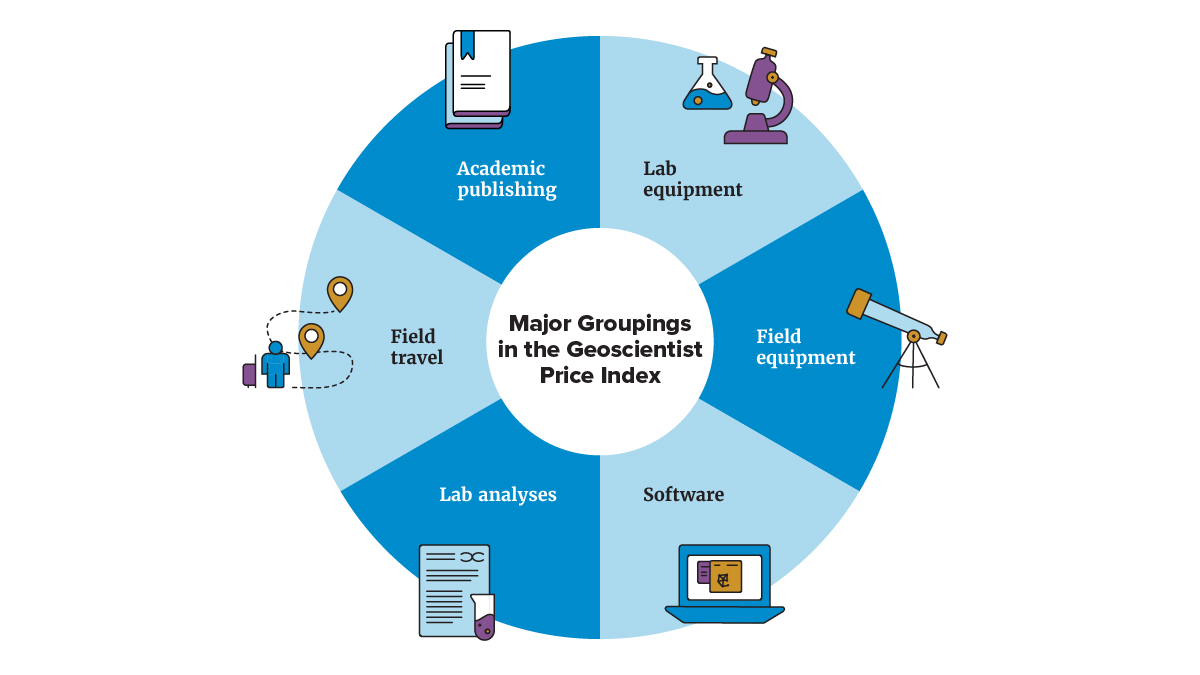New research examining the impact of climate change on hops production has brewed up a storm.
News
Arrokoth’s Mounds Hint at How Planetesimals Form
The most remote world ever seen up close is a mash-up of smaller pieces.
Climate Change Narrows the Window for Prescribed Fires
Longer, drier summers may mean fewer opportunities for firefighters to safely burn would-be wildfire fuel in the western United States.
Even Treated Sewage Harms Freshwater Ecosystems
In a controlled experiment, researchers diverted wastewater from an advanced treatment facility into a healthy stream and monitored the unfolding ecological effects.
Deep Emissions Cuts Still Needed to Prevent the Worst Climate Change Impacts
A new federal report says the effects of human-caused climate change are worsening in every region of the United States, but the technology to address it exists.
GPI: The Geoscientist Price Index
So you want to be a geoscientist? Inspired by the Consumer Price Index, here’s what might be in your “market basket.”
Solar Storms May Scramble Signals for Migratory Birds
Birds use Earth’s magnetic field to migrate, but severe space weather may interfere with navigation and reduce the number of birds in the sky.
How Llama Poop Is Helping an Andean Community Adapt to Melting Glaciers
Reintroducing these animals can enrich barren soils and potentially reduce water contamination, a study shows.
Carbon Dating Reveals the Timing of Puerto Rican Cave Art
New dates from cave art pigment add to evidence that Indigenous Puerto Ricans inhabited the island for millennia.
Future Supercontinent Will Be Inhospitable for Mammals
Pangea returns in 250 million years, and it’s not looking good for us.










